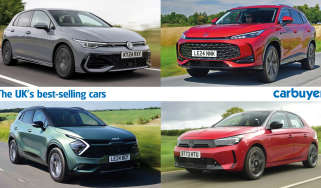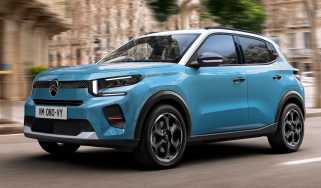Petrol and diesel car ban relaxed with hybrids permitted beyond 2030
Hybrids can be sold until 2035 under revised rules, but petrol and diesel cars to be phased out by 2030
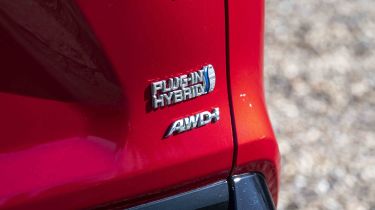
The UK government has relaxed the terms of the upcoming petrol and diesel car ban, with hybrid cars now permitted to be sold until 2035, along with a host of other changes.
The revisions come as a result of the Department for Transport’s review of the UK’s EV transition plan. Under the previously-established rules, all traditional petrol and diesel vehicle sales would end in 2030, while only zero-emissions vehicles would be permitted to be sold from 2035 onwards.
But there was uncertainty surrounding sales of hybrid vehicles in that five-year interim period. The UK government previously said that hybrids with a "significant electric range” would remain on sale until 2035, but car buyers and manufacturers were left in the dark about the types of hybrid it was referring to.
Only now do we have confirmation of which hybrid vehicles the extended deadline will apply to. All full hybrids (sometimes called self-charging hybrids) and plug-in hybrids can be sold until 2035, while mild hybrids will be phased out alongside petrol and diesel cars. The latter can only provide a small amount of electrical assistance, whereas other types of hybrid can be driven under electric power for a greater distance, improving their eco-friendly credentials.
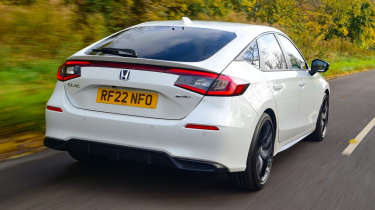
Some examples of full hybrids include the Honda Civic, Toyota Yaris, Renault Clio E-Tech and MG3. There are far more plug-in hybrids available today, though, including the BMW 330e, MG HS, Skoda Kodiaq iV and Volkswagen Golf eHybrid.
The 2030 deadline still stands for conventional petrol and diesel cars. Having previously been pushed back to 2035, the 2030 deadline was reintroduced by the Labour government as planned in its 2024 manifesto.
Have any other rules changed?
The Department for Transport announced some other changes to the EV transition plan, too. Low-volume car manufacturers that register fewer than 2,500 cars per year will be allowed to sell traditional petrol or diesel cars until 2035, albeit with new CO2 emissions targets for brands that sell over 1,000 cars per year. That will allow boutique brands like Lotus, Bentley, Maserati and McLaren to continue selling their petrol cars until 2035 without facing any fines.
As part of the ZEV mandate, high-volume manufacturers must ensure a proportion of all cars sold are electric, with the proportion increasing year-on-year until the full transition to EVs in 2035. Manufacturers who miss these annual targets will still face fines, but the amount has been reduced from £15,000 to £12,000 per car sold over the limit.
What does this mean for car buyers?
The changes to the UK’s EV transition plan will hopefully provide car buyers with a bit more flexibility. Even by 2030, not everyone will have been ready to switch to a fully-electric car, but hybrids will serve as a great stepping stone for some. Their deadline extension to 2035 will come as good news to many car buyers who perhaps are unable to charge at home or who often need to drive long distances – something that many of today’s EVs struggle with.
Find the latest new and used car deals on our sister site Auto Express
Recommended
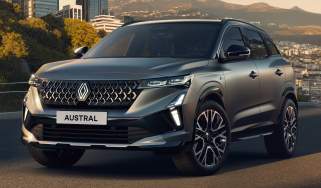
Sharper design and tech for Renault Austral hybrid SUV

Classic car tax exemption: which historic vehicles qualify?
Most Popular
Tips & advice

Car dashboard warning lights: what does each symbol mean?

Electric car charging stations: public networks, charger types, apps and maps

